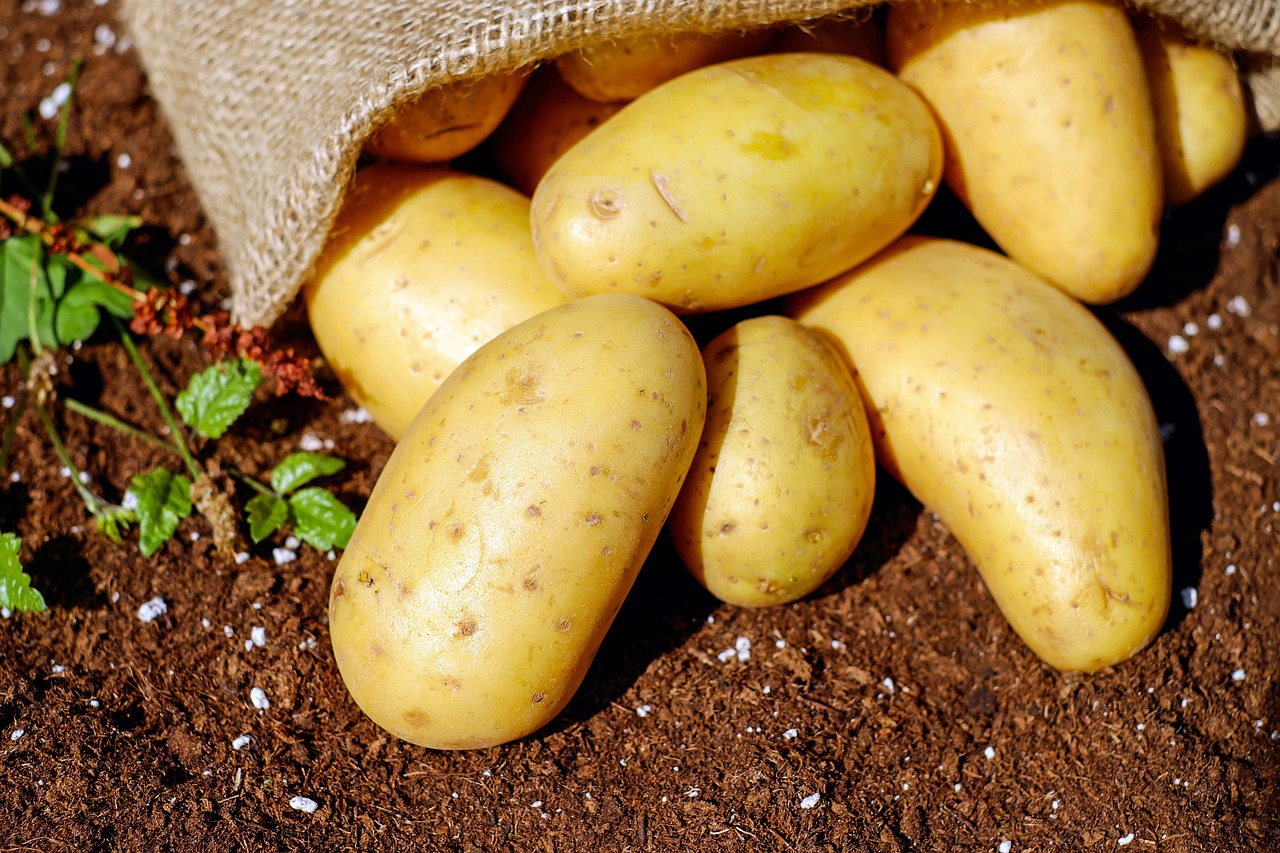
Greece’s Naxos potato is a product of protected designation of origin (PDO) and traditionally a key export of the island, but this year drought and failing infrastructure will force Naxos to import potatoes as of this autumn.
Failing Infrastructure and Drought
According to a report at OT.gr, production has dropped from 6,000 tons in 2022, to 4,000 tons in 2023, and a mere 1,800 tons this year, with farmers painting a catastrophic picture for the future of the Naxos potato.
The President of the Union of Agricultural Cooperatives of Naxos, Dimitris Kapounis, attributes the dire situation to drought and the absence of critical water infrastructure projects like the Tzikalari Dam.
Kapounis illuminates that the dam has been stalled for over 15 years, despite the fact that it has been planned and budgeted for €37.5 million.
The situation has become so critical that wells, some deep as 18 meters, have dried up. Meanwhile, others are filled with salty water, making it impossible to sustain livestock and agriculture.
Moreover, the long-awaited treatment of waste water on the island hasn’t been implemented either. This could replenish the island’s aquifers instead of having 3 million cubic meters of water sent to the sea, which could be used to water crops, according to the OT article.
The Near Future of Naxos Potatoes
The lack of proper infrastructure means that farmers are unable to water their crops, which has slashed production levels in the spring and autumn.
Specifically, the fall planting season should have already started as of August 15 through September 15, with more than 1,000 acres traditionally already planted.
This year, however, nothing has been planted as farmers have no way to irrigate crops.
This comes on the back of already low planting from this past spring, which was 60% less than normal.
As the island’s 250-ton reserve of potatoes is depleted, the island will be forced to actually import potatoes for the first time in its history come this autumn, says Kapounis.
Overall, says OT, the future of not only the Naxos potato but the island’s entire agricultural sector, which accounts for 50% of Naxos’ economy, is uncertain.
Source: tovima.com
Latest News

Cost of Living: Why Greece’s 3% Inflation Is Raising Alarm
Greece appears to be in a more difficult position when it comes to price hikes, just as we enter the era of Trump’s tariffs.

Fitch Ratings Upgrades the Four Greek Systemic Banks
NBG’s upgrade reflects the bank’s ongoing improvements in its credit profile, Fitch notes in its report, including strong profitability, a reduction in non-performing exposures (NPEs), and lower credit losses

Trump to Announce Sweeping New Tariffs Wednesday, Global Retaliation Expected
With Trump's announcement just hours away, markets, businesses, and foreign governments are bracing for the fallout of one of the most aggressive shifts in U.S. trade policy in decades.

Inflation in Greece at 3.1% in March, Eurostat Reports
Average inflation in the eurozone settled at 2.2%, compared to 2.3% in February

Greece’s Unemployment Rate Drops to 8.6% in February
Despite the overall decline, unemployment remains higher among women and young people.

Jerry Kalogiratos Highlights Key Role of Energy Transition and Data Demand in LNG Outlook
Energy transition and the prospects of LNG were discussed at Capital Link’s 19th Annual International Maritime Forum, during a panel discussion with Jerry Kalogiratos (Capital Clean Energy Carriers Corp.)

Santorini Safe and Ready for a Dynamic Tourism Season
Authenticity, cultural heritage, and genuine experiences at the center of Santorini's new promotional campaign

Electricity Bills: Greece Announces Reduced Tariffs Schedule
Greece will now offer lower electricity rates between 11:00-15:00 and 02:00-04:00

Chevron Confirms Eyeing Natural Gas Exploration South of Crete
Chevron recently declared its intent to explore a third area, south of the Peloponnese.
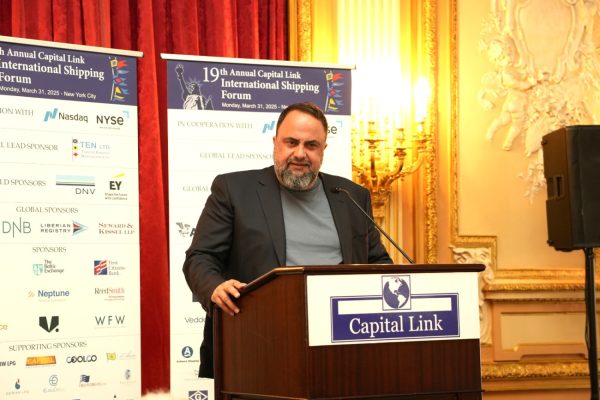
Evangelos Marinakis: A time of change from which shipping can benefit
Speaking at the 19th Annual Capital Link International Shipping Forum Evangelos Marinakis stressed the challenges that shipping faces today












![Τουρκία: Μεγάλες βλέψεις για παραγωγή ηλεκτρικών οχημάτων [γράφημα]](https://www.ot.gr/wp-content/uploads/2025/03/ot_turkish_autos-90x90.png)











![ΕΛΣΤΑΤ: Αυξήθηκε η οικοδομική δραστηριότητα κατά 15,6% το Δεκέμβριο [πίνακες]](https://www.ot.gr/wp-content/uploads/2025/03/DSC9655-2-1024x569-1-90x90.jpg)

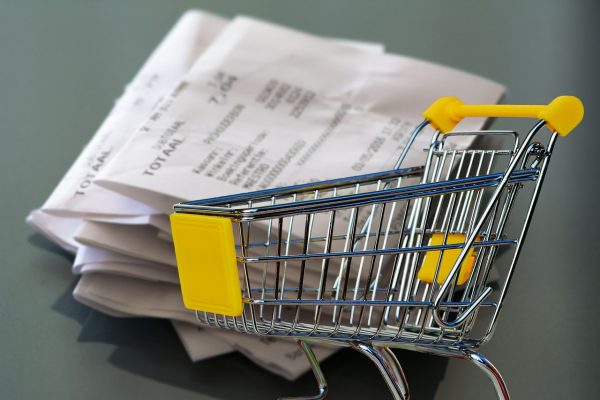
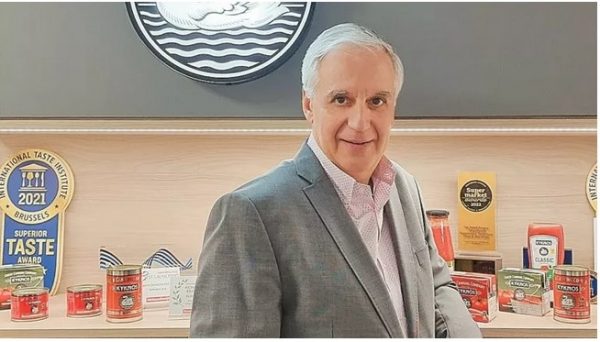

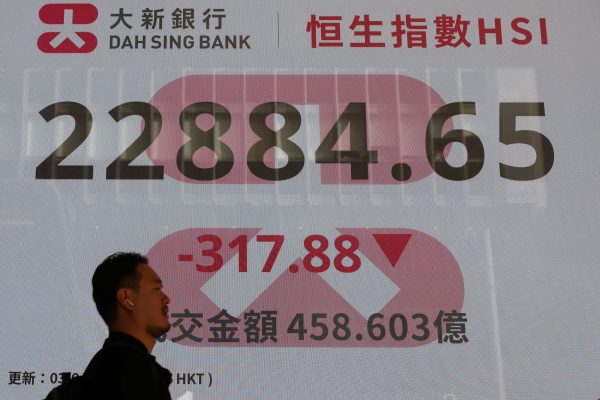
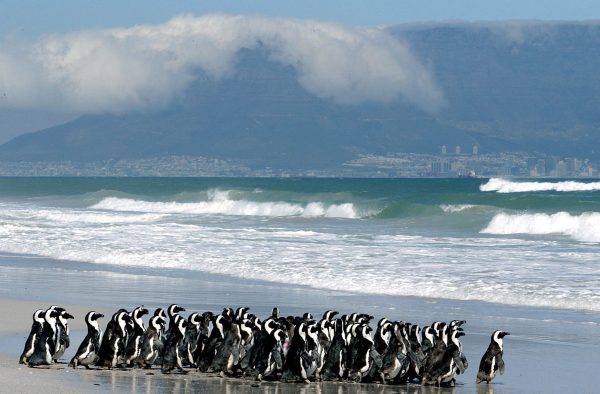
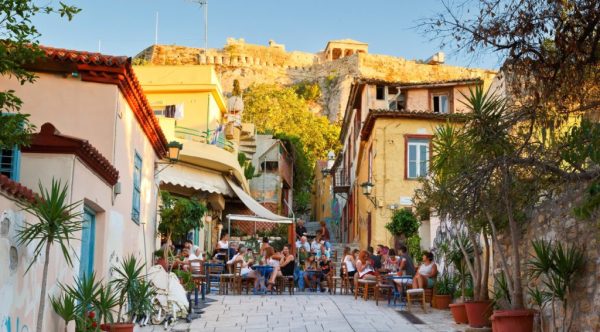

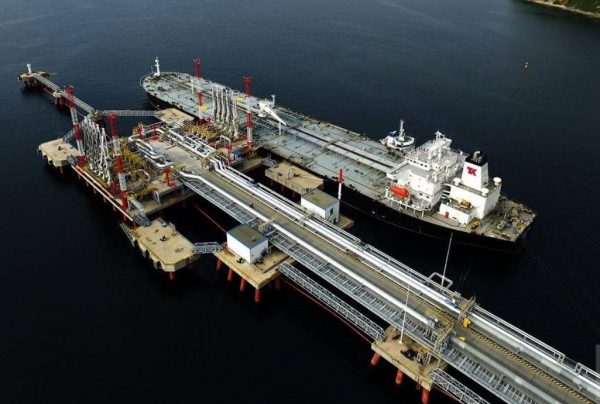





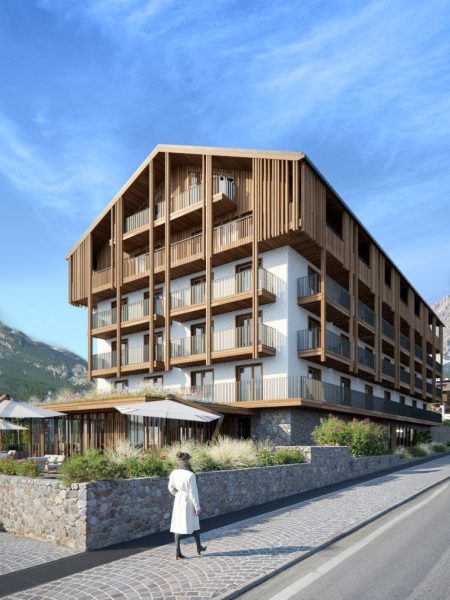


 Αριθμός Πιστοποίησης
Αριθμός Πιστοποίησης